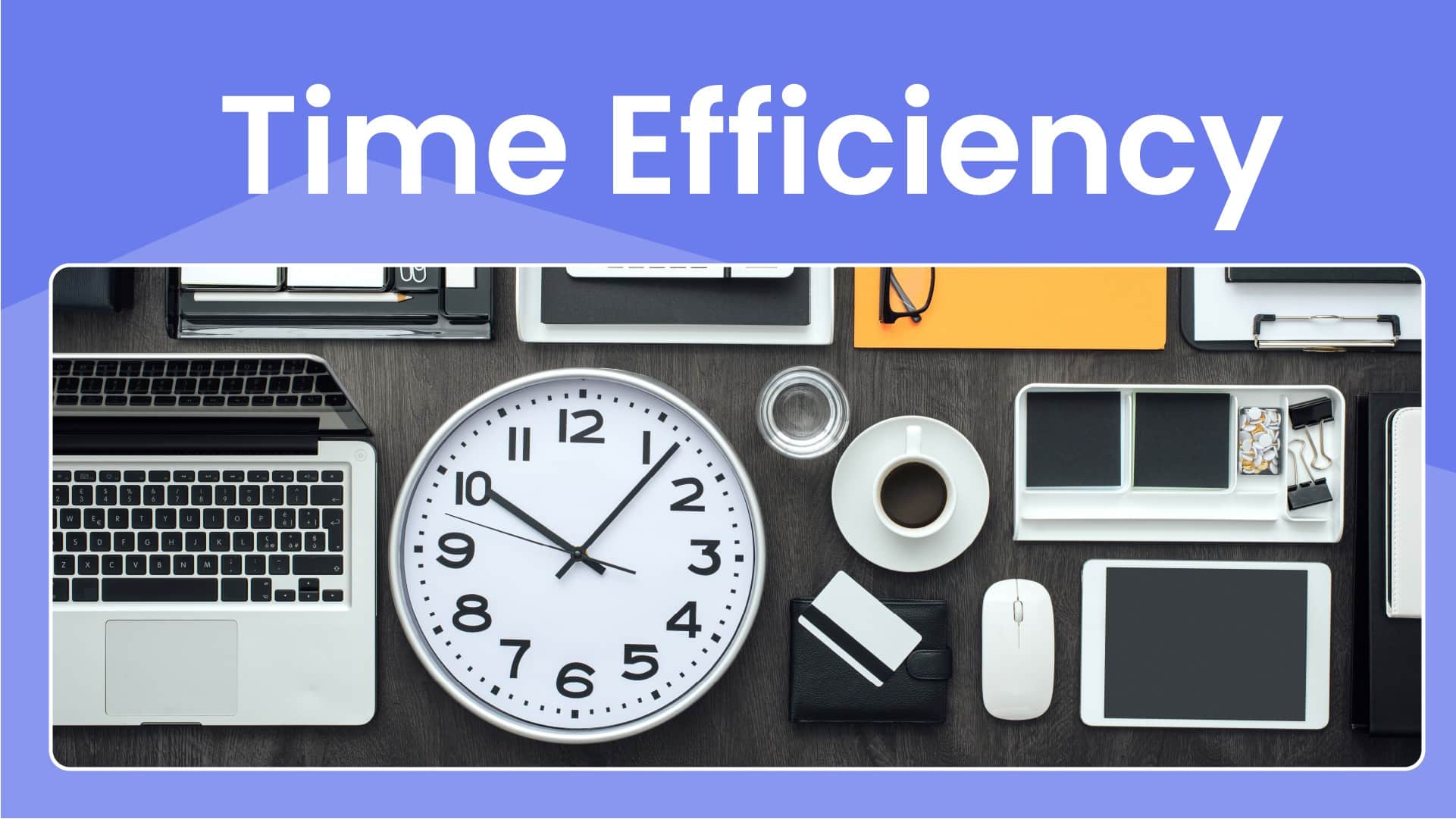Business Mediation Services: Preserving Relationships While Solving Problems
In today’s fast-paced business environment, conflicts and disputes are inevitable. Whether they arise from contractual disagreements, partnership tensions, or other issues, unresolved conflicts can lead to costly legal battles and strained relationships. This is where business mediation services come into play. Mediation offers a viable solution that not only resolves disputes but also preserves professional relationships. This article explores the role of business mediation services in conflict resolution and highlights the benefits of engaging a dispute resolution attorney.
1. Understanding Business Mediation
What is Business Mediation?
Business mediation is a form of alternative dispute resolution (ADR) that involves a neutral third-party mediator assisting conflicting parties in negotiating a resolution to their dispute. Mediators facilitate communication, help clarify issues, and guide the parties toward mutually agreeable solutions.

The Mediation Process
The mediation process typically involves the following steps:
- Initial Meeting: The mediator meets with both parties to understand the context of the dispute and set ground rules for the mediation process.
- Presenting Perspectives: Each party presents their side of the story, outlining their grievances and desired outcomes. This helps the mediator grasp the complexities of the dispute.
- Identifying Interests: The mediator works to uncover the underlying interests and needs of both parties, facilitating a more collaborative atmosphere.
- Brainstorming Solutions: The mediator encourages both parties to develop potential solutions that address their interests, allowing for innovative and creative outcomes.
- Reaching an Agreement: If a resolution is achieved, the mediator helps draft a formal agreement that both parties can sign, outlining the terms of the settlement.
2. The Role of Business Conflict Resolution Attorneys
Legal Expertise
Engaging a business conflict resolution attorney during mediation offers several benefits. These attorneys possess legal knowledge and expertise that can enhance the mediation process:
- Understanding of Complex Contracts: Experienced attorneys can analyze the legal implications of contracts and identify potential liabilities that may impact negotiations.
- Protection of Rights: A competent attorney ensures that your rights are upheld throughout the mediation process and advises you on the implications of any agreement before you sign.
- Effective Representation: An attorney can provide strategic counsel and represent you during negotiations, ensuring your interests are front and center in discussions.

Preparing for Mediation
Before entering mediation, your attorney will help prepare you by:
- Assessing Your Position: Evaluating the strengths and weaknesses of your case will inform the negotiation strategy.
- Identifying Your Goals: Clarifying your objectives for the mediation, including non-negotiable points and areas where compromise is possible.
- Crafting a Strategy: Developing a strategy for articulating your interests and desired outcomes effectively during the mediation sessions.
3. Benefits of Business Mediation Services
A. Cost-Effectiveness
Mediation is generally more affordable than litigating disputes in court. The costs of extended litigation can quickly escalate, involving attorney fees, court costs, and other expenses. Mediation typically requires fewer resources and time, making it a financially viable option for businesses.
B. Time Efficiency
Legal battles can be drawn out over months or even years, resulting in prolonged uncertainty for the parties involved. Mediation can often resolve disputes within a matter of weeks, allowing businesses to focus on their operations rather than on ongoing legal issues.

C. Preservation of Relationships
One of the most significant advantages of mediation is its focus on collaboration and communication. By facilitating a dialogue between disputing parties, mediation helps preserve professional relationships and enables individuals to move forward without lingering animosity.
D. Confidentiality
Mediation sessions are confidential, providing privacy for both parties. This confidentiality encourages open and honest discussions without the fear of damaging public reputations or business relationships.
E. Flexibility in Solutions
Unlike court judgments that impose strict legal remedies, mediation allows parties to develop creative solutions tailored to their specific needs. This flexibility can lead to outcomes that satisfy both parties and foster goodwill.
4. Recognizing When to Engage Mediation Services
Understanding when to seek mediation services is crucial for effective conflict resolution. Here are key indicators that may prompt you to consider mediation:
A. Ongoing Disputes
If unresolved conflicts are escalating tension between parties or leading to disrupted operations, mediation can offer a constructive avenue for resolution.

B. Strained Relationships
When existing business relationships are strained due to disputes, mediation can help facilitate productive dialogues that reinforce collaboration and goodwill.
C. Potential Litigation
If you anticipate that a dispute may escalate to litigation, engaging a mediator early in the process can save time, resources, and relationships by resolving issues before they reach a courtroom.
D. Desire for Control
When parties wish to maintain control over the resolution process, mediation allows them to shape the outcome rather than leaving it to a judge or jury’s decision.
5. Selecting the Right Mediation Services
A. Research Mediators
Look for qualified mediators with proven experience in business mediation. Consider their background, areas of expertise, and success rates.
B. Evaluate Their Approach
Different mediators have different styles. Some may adopt a more facilitative approach focused on dialogue, while others may lean toward evaluator styles that offer strong opinions and recommendations.
C. Assess Their Familiarity with Your Industry
Choosing a mediator familiar with your specific industry can enhance their understanding of the nuances and dynamics involved in the dispute.
6. Conclusion
Business mediation offers a valuable alternative to traditional litigation, providing an efficient, cost-effective, and collaborative way to resolve disputes while preserving important relationships. Engaging a skilled business conflict resolution attorney can significantly enhance the mediation experience, ensuring you are well-prepared, informed, and adequately represented throughout the process.
By recognizing when to seek mediation services and understanding the benefits they offer, businesses can navigate conflicts more effectively and focus on growth and operational success rather than getting mired in legal struggles. The proactive approach of engaging mediation can lead to harmonious resolutions that benefit all parties involved, reinforcing the principles of partnership and collaboration within the business landscape.
